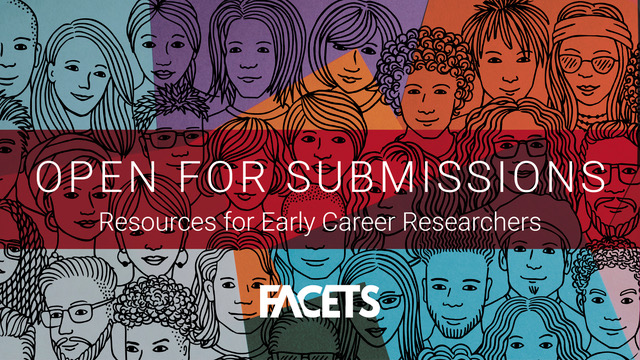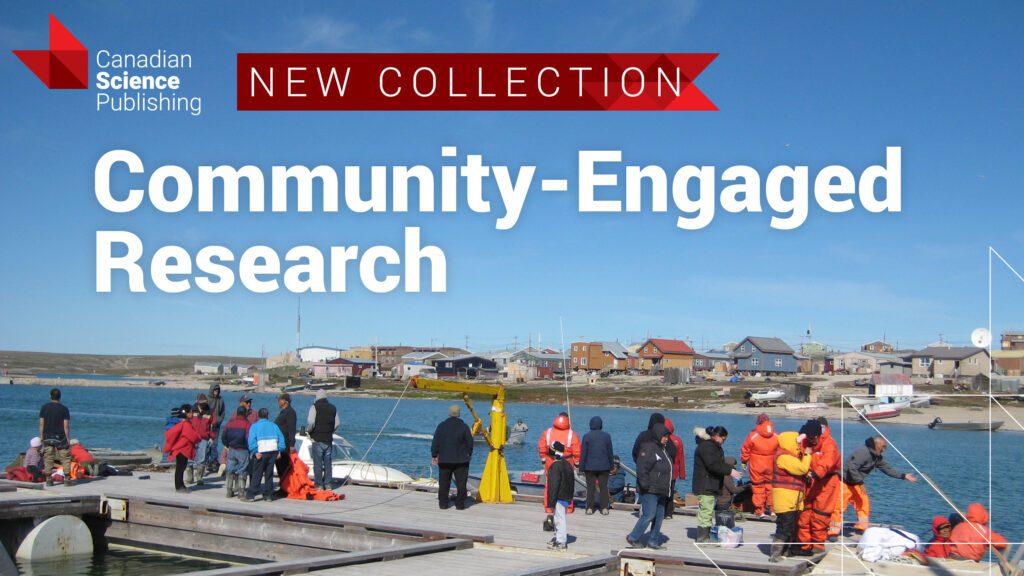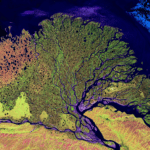One word that sums up this year for Canadian Science Publishing is community. From partnerships with scientific societies to joining multi-sector collaborations, 2022 was marked by taking action to support communities who produce and use the varied outputs of scientific research.
Changing how we publish for a more sustainable future
As Canada’s largest publisher of environmental science journals, we recognize the need to practice what we publish: sustainable ways to interact with the environment.
We started the year off by joining the United Nations Sustainable Development Goals (SDGs) Publishers Compact. To initiate our commitment to developing sustainable practices and to act as champions of the SDGs during the Decade of Action (2020-2030), we made the decision to stop print production of our journals to reduce our organization’s carbon footprint.
We also launched freely accessible collections of papers on several SDGs: Climate Action (SDG #13), conserving and managing Life Under Water (SDG #14) and Life on Land (SDG #15).
In support of the Climate Action SDG, we joined the Kudos Climate Change Knowledge Cooperative and created a collection of freely accessible plain language summaries of climate science published in our journals.
Partnering with research communities in Canada
Whether bacterial, botanical, or benthic we publish a journal whose community expands what we know about these segments of nature.
We were thrilled to become official partners with the Canadian Society for Ecology and Evolution (CSEE) and the newly formed Society of Canadian Aquatic Sciences (SCAS). We can’t wait to kickstart these partnerships in 2023 with online and in-person events for society members.
Five years of partnership with the Royal Society of Canada (RSC) was recognized with a collection of more than 80 papers and COVID-19 policy briefings published by RSC members in FACETS, the official journal of the RSC Academy of Science. We also extended congratulations to several of our editorial board members who were inducted into the RSC this year: Drs. Steven Cooke, Sapna Sharma, Baiyu Helen Zhang, Ian Moore, and Trevor Lantz.
Launching training programs for early-career researchers
Early-career researchers (ECRs) are change agents for science and its publication. This year we are honoured to welcome and work alongside the inaugural members of the early-career editorial boards for Arctic Science and the Canadian Journal of Fisheries and Aquatic Sciences. ECR members will learn about and contribute to peer review, content curation, journal promotion, and strategic development.
Also made available in the open access journal FACETS was Resources for Early Career Researchers, a collection of perspectives on philosophical and practical aspects of research, academia, and science publishing—with an open invitation for new submissions!






